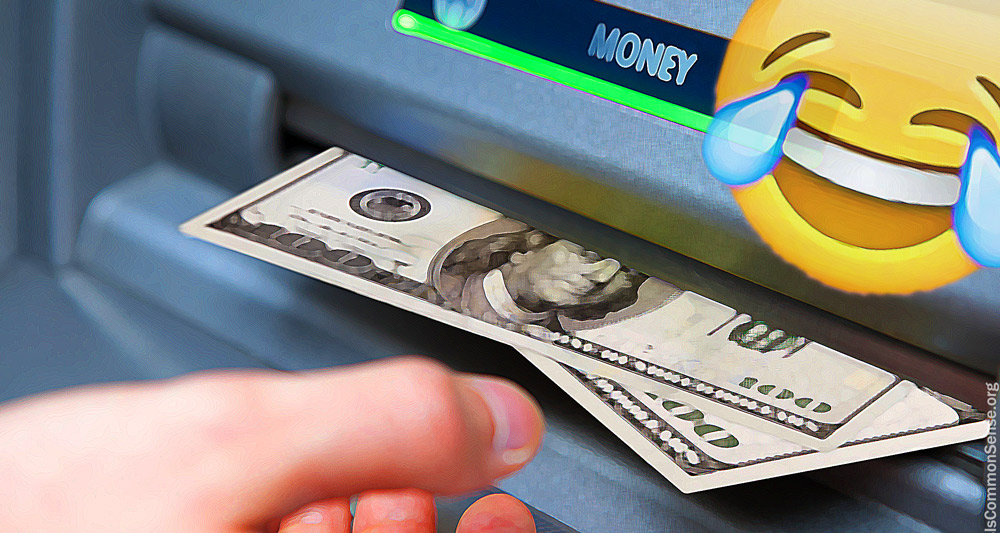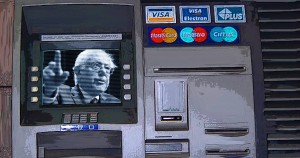Shutting down capitalism almost worldwide may prove to be the grandest disaster of all time. Folks on the margin of poverty in poor countries are already starving. Though scads of people seem to think we could ride out a lockdown indefinitely just by cashing government checks, the problem is that if we don’t produce, we cannot buy and consume products.
It’s not about money, or profits as such: “It’s the productivity, stupid!”
Elon Musk put it this way: “If you don’t make stuff, there’s no stuff.”
A “universal basic income” won’t help if the re-distributed money chases few-to-no goods.
So how did we come to believe that we can just shut down most business activity and still survive?
Maybe the idea seems plausible because many people already do not work to survive. As their numbers have increased, our civilization has forgotten that they survive upon the work of others.
We guffaw at young children who, when their parents say something they want is too expensive, they innocently respond, ‘well, just go to the cash machine!’ But the more people rely upon checks and bank deposits from the government — for any reason — the harder it is to remember that the power to buy stuff doesn’t ultimately come from government. With taxation, redistribution and inflation thrown into the mix, even adults think of government as Cash Machine.
And the Cash Machine as a model for the economy.
To fight a virus, the world has shut down production — as if we do not survive by producing goods in order to consume them.
Government has reduced capitalism — and us — to absurdity.
This is Common Sense. I’m Paul Jacob.

Photo by Tax Credits
See all recent commentary
(simplified and organized)
See recent popular posts

